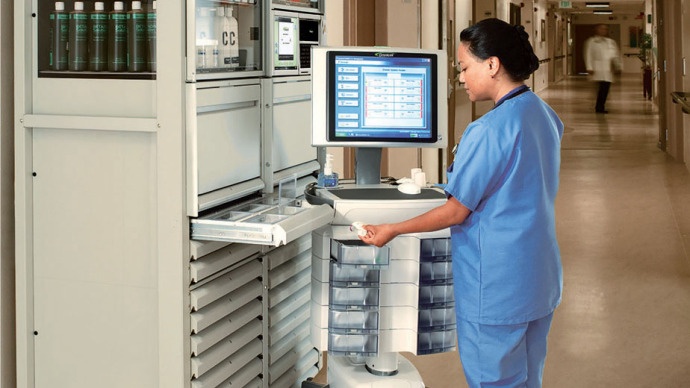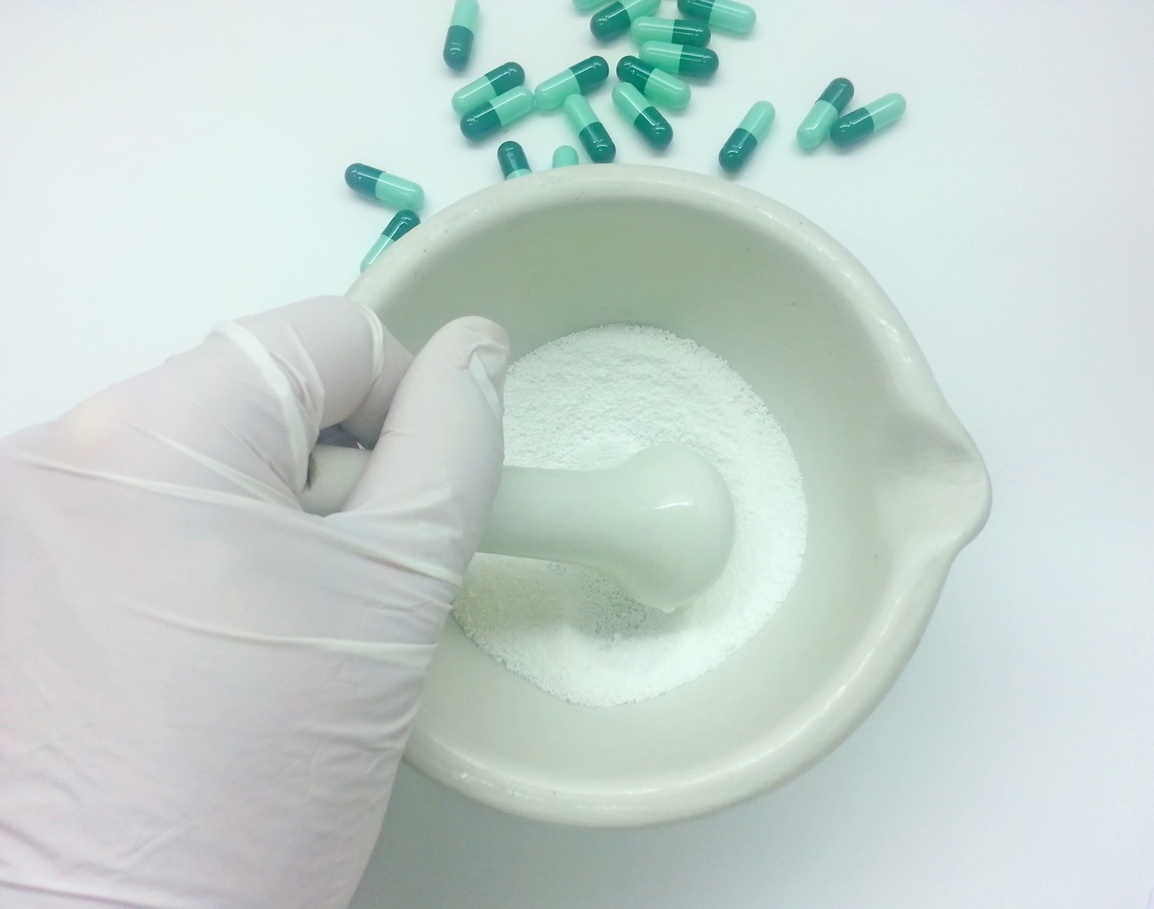
One potential mechanism to improve hospital efficiency and patient safety is the automated dispensing cabinet (ADC). An ADC is a decentralized medication distribution system that provides computer controlled storage, dispensing, and tracking of medications. Hospital pharmacists have been exploring strategies for improving patient safety in the hospital ...

In 2004, the Demo Dose® Simulated Medication brand was created to provide educators with a tool to teach medication administration and management. It fits in perfectly with the vision at Pocket Nurse®, which is to improve educational experiences and outcomes by providing simulation solutions.

Up until about the 1950s, compounding pharmacies were typical in communities across America. Medications were made locally by compounding techniques – most of which still exist. Today, most medications are mass produced by major pharmaceutical companies, which is quicker, less expensive, and gets medication to more people.

Using candy as a stand-in for simulated medication in educational scenarios is risky and unprofessional. It puts patients at risk if healthcare professionals don’t recognize and understand the importance of their actions. If a simulation scenario is too casual, that attitude can carry over to real-life situations.

According to the 109-year-old eye advocacy group, Prevent Blindness®, there are around 2,000 work-related eye injuries every day. Of those injuries, 90 percent could be lessened or prevented with proper eye protection.











